Question And Answer
Publications
Articles, publications, books, tools and multimedia features from the U.S. Institute of Peace provide the latest news, analysis, research findings, practitioner guides and reports, all related to the conflict zones and issues that are at the center of the Institute’s work to prevent and reduce violent conflict.
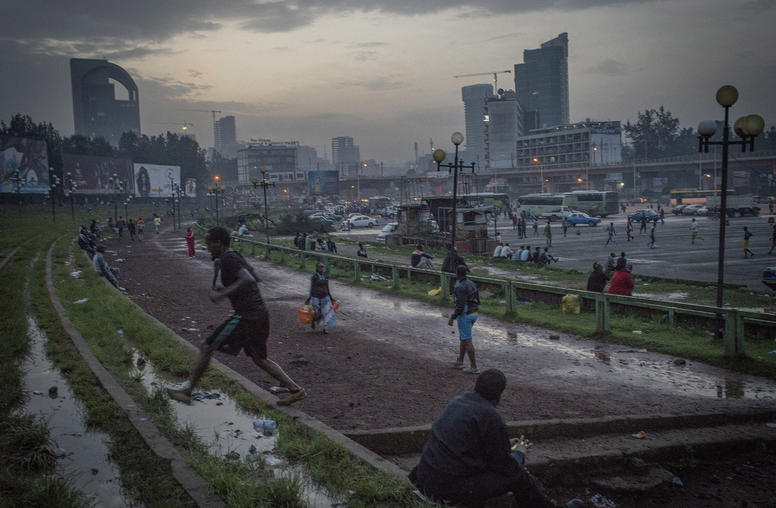
What Ethiopia’s Brewing Conflict Means for the Country—and the Region
Violent conflict between the federal government of Ethiopia and the federal state of Tigray, in the country’s north, began November 4 and quickly escalated. USIP’s Aly Verjee and Susan Stigant discuss the crisis and identify what could be done to avoid further violent conflict in east Africa’s most populous country.
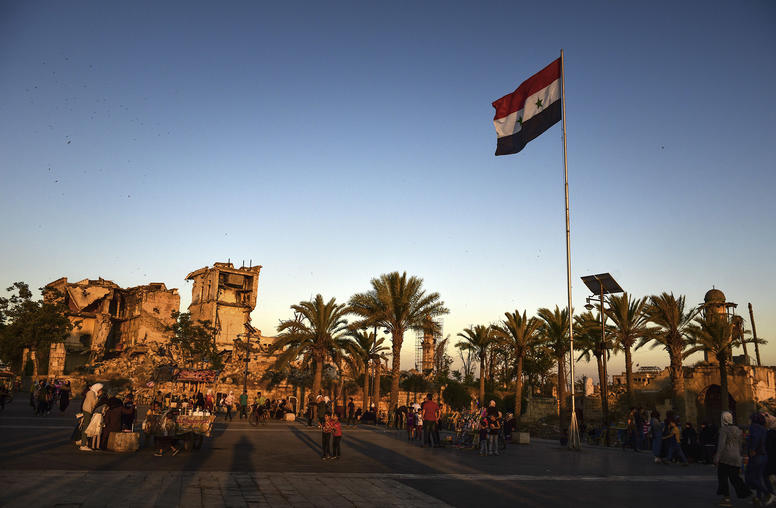
The Best Hope for Sustained De-escalation in Syria
As the conflict in Syria approaches its 10th anniversary, a holistic political settlement encompassing the entirety of the country is unlikely in the near to medium term. More than eight years of diplomatic initiatives have yielded only limited results. The two principal tracks—the Geneva and the Astana/Sochi processes—are running up against the complexity of the conflict and an emboldened Assad regime; neither process is sufficient on its own to generate momentum toward a lasting political settlement for the whole of Syria. However, creatively bridging these two processes could bring greater stability to those areas of Syria still beyond the Assad regime’s control, assuaging the suffering of some Syrians, and potentially serving as a building block for a longer-term settlement.
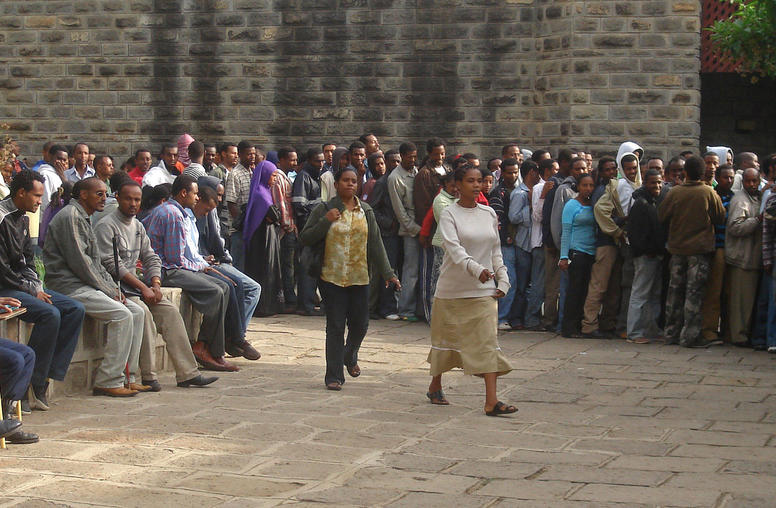
Ethiopia’s Problems Will Not End with a Military Victory
As violence continues over control of the northern Ethiopian region of Tigray, Ethiopia’s future remains unsettled, even if the conflict ends soon. Achieving the federal government’s security objectives in Tigray is unlikely to resolve both new and entrenched political challenges, and already delayed national elections, now expected in 2021, may prove a severe test of Ethiopia’s political order, and consequently affect broader regional stability. Reconciling the electoral process with efforts for reconciliation and national dialogue is now even more imperative.
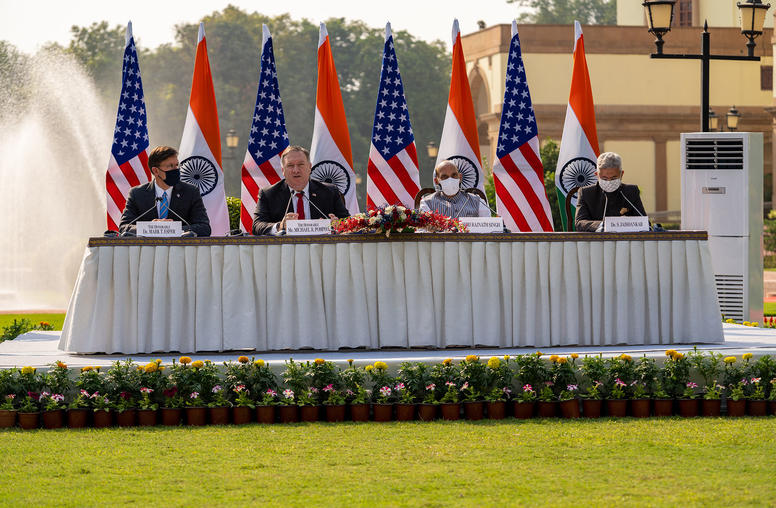
Spurred by China Rivalry, U.S., India Deepen Strategic Ties
The United States and India inked on October 27 a key agreement that will help New Delhi get real-time access to American geospatial intelligence. The agreement, known as the Basic Exchange and Cooperation Agreement (BECA), was a result of the 2+2 ministerial dialogue between U.S. and Indian defense and foreign affairs chiefs, following a trend in recent years of deepening military cooperation geared toward pushing back on China’s increasingly assertive policies in the region. This comes after a spate of skirmishes this year on the Line of Actual Control (LAC), a Sino-Indian disputed border region. USIP’s Vikram Singh looks at India’s evolving defense posture, deepening U.S.-Indian ties, and how it relates to India’s rocky relationships with China and Pakistan.
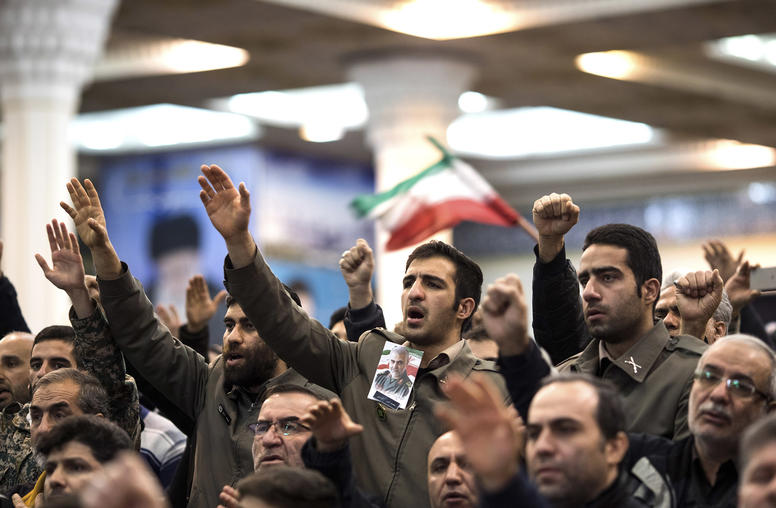
A Year After Soleimani Strike, Iraq Bears the Brunt of U.S.-Iran Tensions
The January 3, 2020 U.S. drone strike that killed powerful Iranian commander Qassem Soleimani on Iraqi soil marked an escalation in already simmering U.S.-Iran tensions. For Iraqi leaders, the Soleimani strike exacerbated an already challenging balancing act in maintaining Baghdad’s relationships with the United States and Iran, with whom it shares a long border and religious and social ties. During the past tumultuous year for Iraq, U.S. forces and Iranian-allied armed groups engaged in tit-for-tat attacks in Iraq. USIP’s Elie Abouaoun and Sarhang Hamasaeed look at how U.S.-Iran tensions played out last year in Iraq and the region and if the incoming U.S. administration, and its desire to reengage in nuclear talks with Iran, could help allay the impact on Iraq.
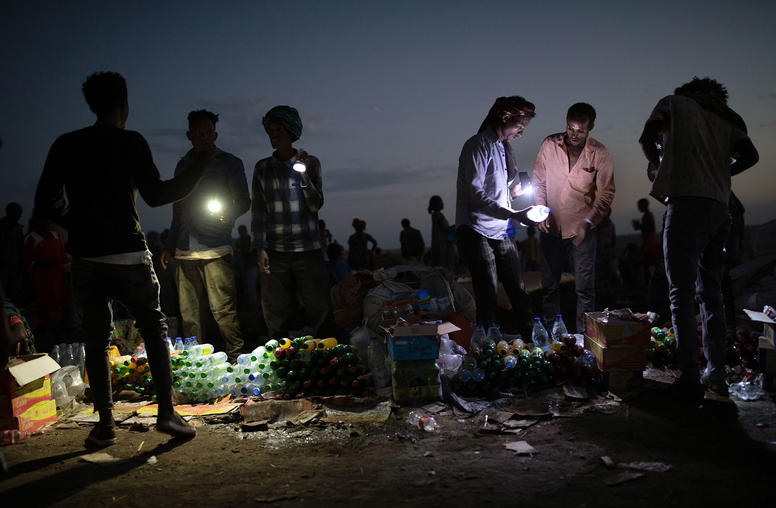
Ethiopia’s Worsening Crisis Threatens Regional, Middle East Security
The Gulf Arabs recognize a strategic reality that has eluded the stove-piped U.S. foreign and security policy bureaucracy for too long: The Horn of Africa is an integral part of the Middle East’s security landscape, and increasingly so. No country demonstrates this more clearly than Ethiopia. That country’s escalating internal crises pose an increasingly grave threat not only to the country’s citizens but to international peace and security and to the interests of the United States and its partners in the Middle East, principally Egypt, Saudi Arabia and the United Arab Emirates (UAE).
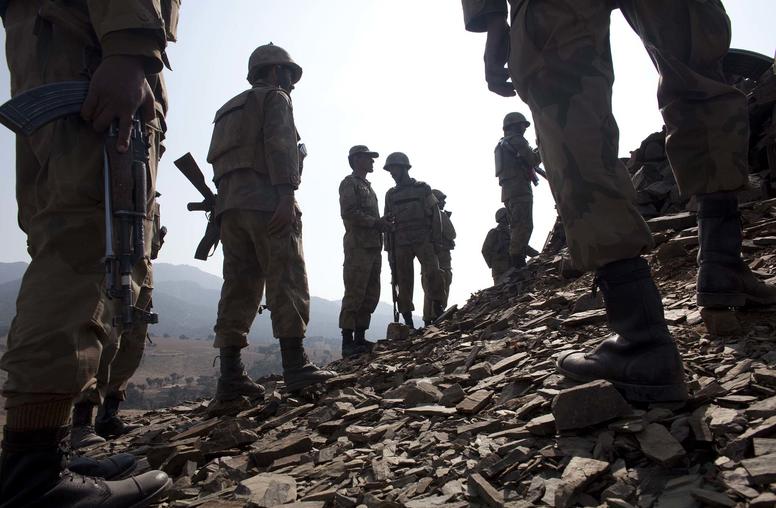
Biden and Washington’s Perennial Pakistan Problem
Among the many challenges facing the Biden administration will be addressing the infamously dysfunctional U.S.-Pakistan relationship. Anyone familiar with how Islamabad and Washington have interacted over the last 74 years will resort to tired metaphors: a roller-coaster ride, a sine wave, the dynamic between an overbearing mother-in-law and her daughter-in-law. These clichés reflect the reality that the relationship has rarely been stable and usually is either declining precipitously or accelerating unsustainably. The challenge for the new administration will be to find a way to work productively with Pakistan without oscillating between peaks of enthusiasm and depths of cynicism.
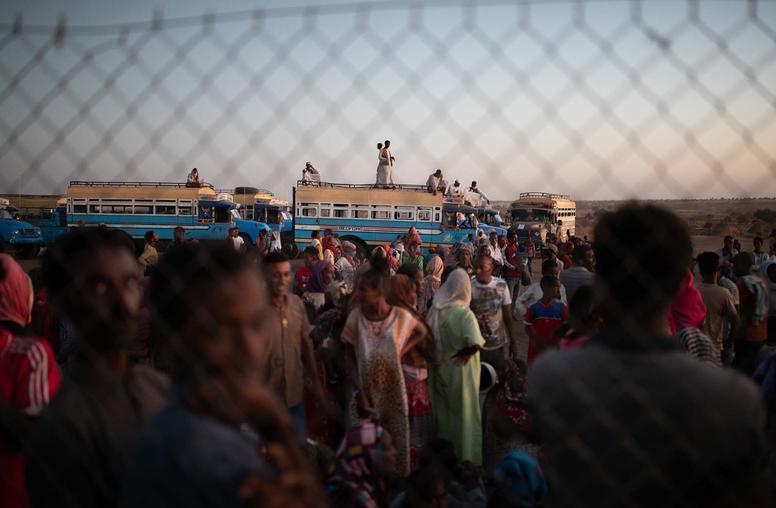
Five Ways to Set Up a Special Envoy for Success in the Horn of Africa
When in doubt, dispatch an envoy. That’s become an old diplomatic standby, and it is currently under consideration for the Horn of Africa, where a civil war rages in Ethiopia and has ensnared neighboring Eritrea, Somalia, and Sudan. The conflict, which broke out in November 2020, has left millions in dire need of lifesaving humanitarian assistance. The U.N. special adviser on the prevention of genocide recently warned that “the risk of atrocity crimes in Ethiopia remains high and likely to get worse.” If the crisis continues to fester, it will have grave consequences for U.S. interests in a region situated on the crossroads between Africa, Europe, and the Middle East.
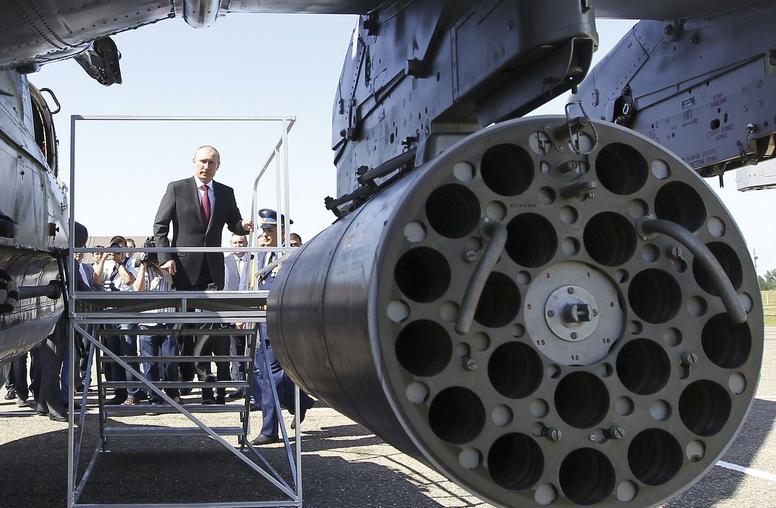
What is Russia’s Endgame in Syria?
Five years into Russia’s military intervention in Syria, understanding Moscow’s endgame could provide critical insights into the decade-long conflict’s trajectory, as well as Russia’s posture in the Middle East and beyond. Although still evolving and subject to internal debates, Moscow’s Syria strategy appears to be centered on a “spheres of influence” model. In this model, Syria is divided into distinct realms under the sway of competing external patrons.
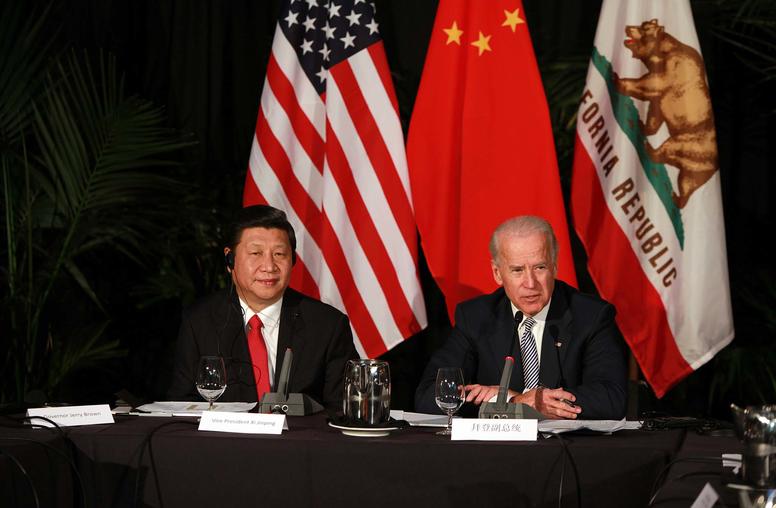
Six Challenges for the Biden Administration’s China Policy
Last week, President Biden held a call with General Secretary Xi Jinping, China’s paramount leader. They reportedly talked for more than two hours, a length that, combined with the call readouts, suggests a weighty and potentially heated conversation. Ties between Washington and Beijing have become strained in recent years as the world’s two biggest powers locked horns over geopolitics, technology, economics, and values. Bilateral relations have entered a new and more difficult phase—even as the global environment is characterized by many pressing issues that would benefit from cooperative efforts to address them. In this context, U.S. policymakers will face six major challenges in dealing with China.